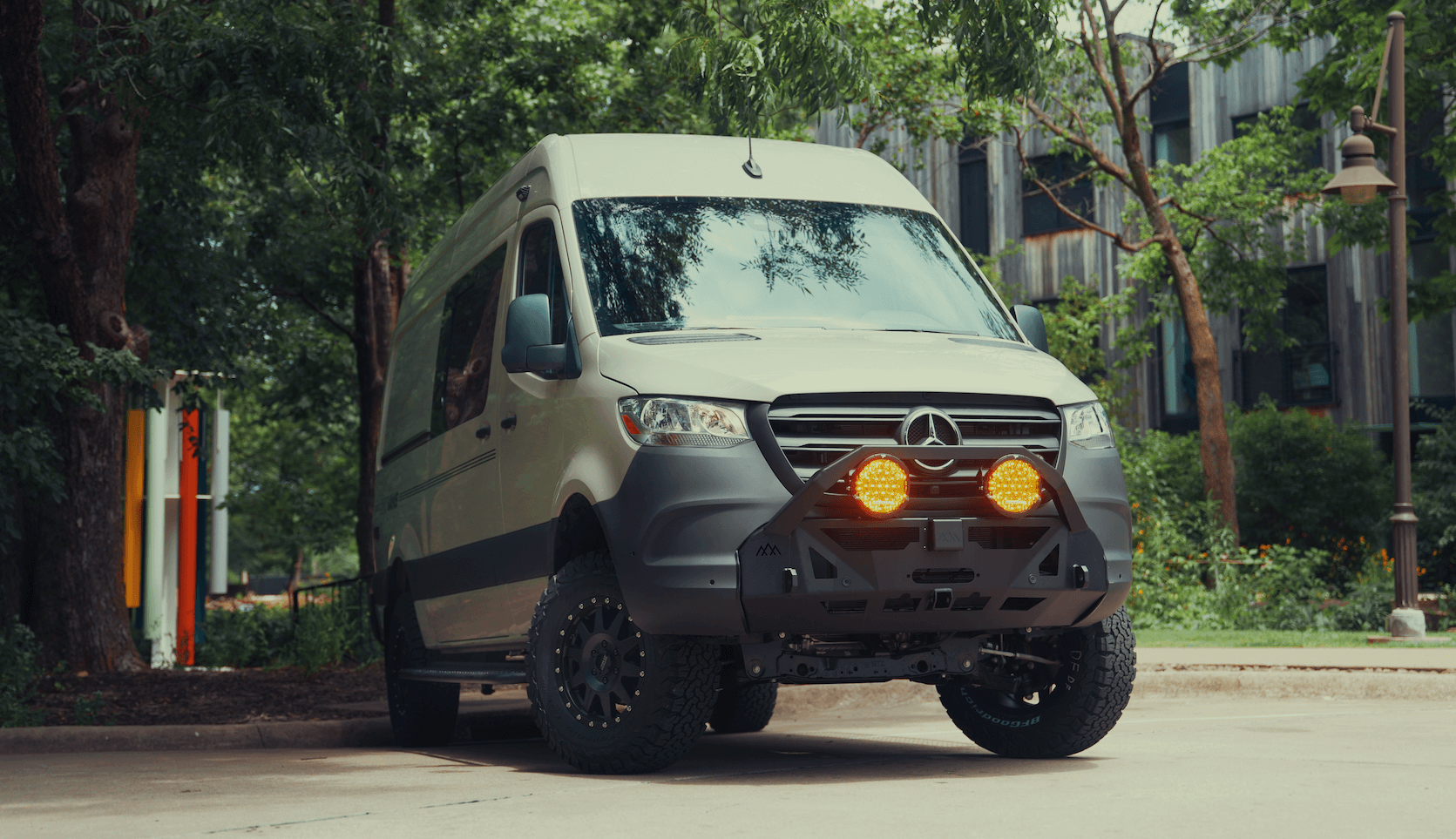Recreational Vans

Boondocking means camping without hookups and relying on your own water, power, and waste systems. It is often called dispersed camping or dry camping and usually takes place away from established campgrounds. Many travelers choose boondocking for solitude, flexible schedules, and access to wild places. Success comes from understanding the rules, planning resources, and practicing impeccable campsite etiquette.
In the United States, dispersed camping is commonly permitted on National Forest and Bureau of Land Management lands unless posted otherwise. Stay limits typically range from 7 to 14 days in a single spot, followed by a required move to a new location. Local ranger districts publish maps, road conditions, fire restrictions, and seasonal closures. Always check current guidance before you go, and avoid blocking access roads or parking in vegetation.
Satellite maps and offline navigation help you evaluate approach roads and turning radiuses. Look at elevation, slope, and potential washouts. In wet or thaw seasons, some clay tracks turn impassable and require high clearance or different plans. Commit to safe turnarounds and never drive across fragile soils or cryptobiotic crusts.
Arrive with enough daylight to scout multiple options. Midweek arrivals increase your odds of finding a quiet pullout. If a spot is full, keep moving and avoid crowding another party’s buffer space.
Managing resources is the heart of successful boondocking. Balancing comfort and conservation extends your time off grid and reduces your environmental footprint.
A great boondocking site balances access, level ground, wind protection, views, and connectivity needs. Responsible camping keeps areas open for everyone.
Boondocking rewards preparation. A well planned system lets you stay longer, move confidently, and camp lightly on the land. Reliable refrigeration, efficient heat or cooling, smart storage, and dependable water and power management transform remote nights into easy routines.
If you are building a rig for frequent dispersed camping, consider how systems work together. Power capacity should match your fridge and climate control needs. Water storage and filtration should support your longest planned stays. Interior layouts should secure gear, keep weight low and centered, and avoid rattles on rough roads. Durable lighting outside the van improves visibility without blasting the entire forest with glare.
When you are ready to upgrade or spec a camper designed for quiet, off grid travel, OZK Customs can help you plan the essentials that make boondocking comfortable and responsible. From high efficiency electrical systems to thoughtfully integrated storage and ventilation, we design around how you travel, not how a catalog looks. Our team builds vans meant to slip down forest roads, hold level on uneven pads, and support days without hookups.
Tell us how you camp and we will shape a custom solution that extends your time off grid while protecting the places you love. We craft recreational vans with practical layouts, reliable power, and calm, quiet cabins so you can wake up to a new view and an easy morning routine.
Ready to design a boondock capable van built around your routes and seasons? Share your wish list and we will turn it into a road proven plan and a rig that feels like home away from hookups.
OZK Customs builds complete custom vans and partial upfits for off grid travel, plus curated mainstream platforms that finance. We are based in Northwest Arkansas and deliver rigs designed for real dispersed camping, from power and water systems to storage, lighting, and trail ready ergonomics.
Ready to go farther off grid with confidence? Tell us how you travel and we will design a van that supports real boondocking life, from power and water to storage and safety. Start your build conversation now and leave hookups behind.
ADDRESS:
6159 E Huntsville Rd, Fayetteville, AR 72701
PHONE:
(479) 326-9200
EMAIL:
info@ozkvans.com